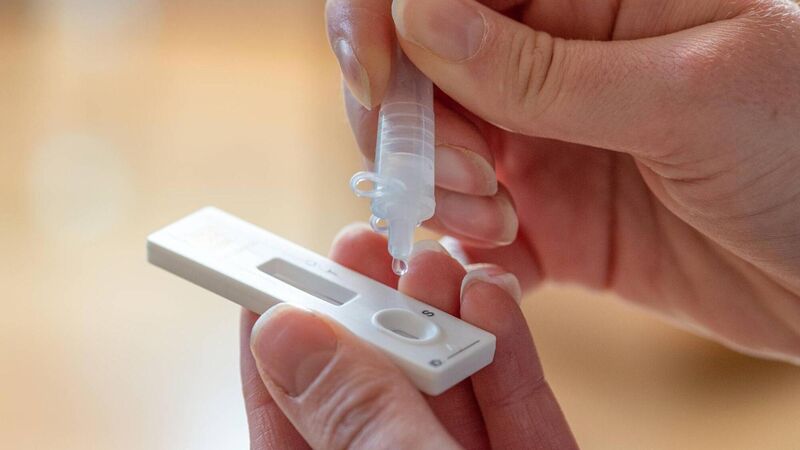Antigen tests: when to take them, and how to know you've done them correctly

When is the best time to take an antigen test if you're meeting with someone?
Open any social media this week and you’re sure to see many people sharing their antigen test results in a photo. It’s the latest sign of general worry around Christmas gatherings amid the spread of Covid-19, with many people taking daily tests to ensure their loved ones’ safety at Christmas.
As more of us turn to the shop-bought tests to ease our anxious minds, here we share expert advice on the best practises when taking an antigen test as well as the best time to take one before you meet with anyone else.








